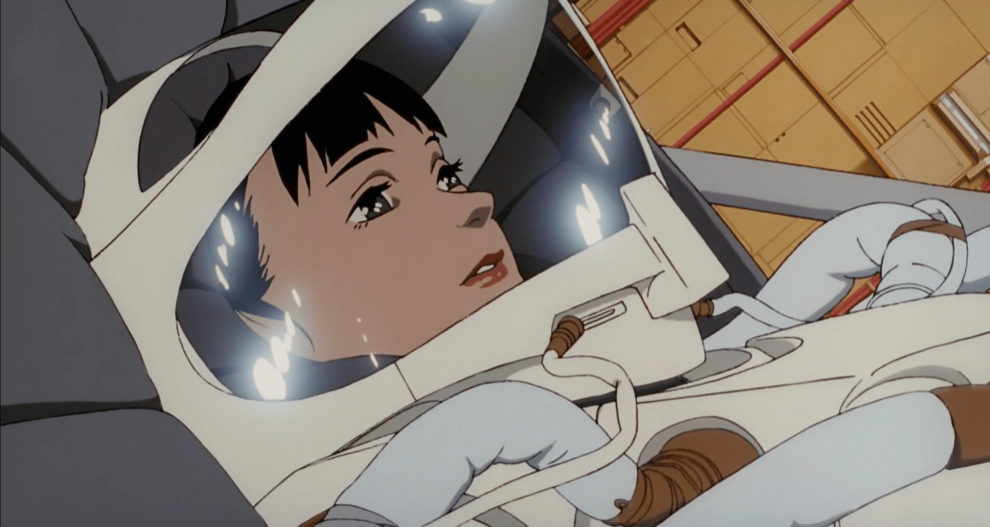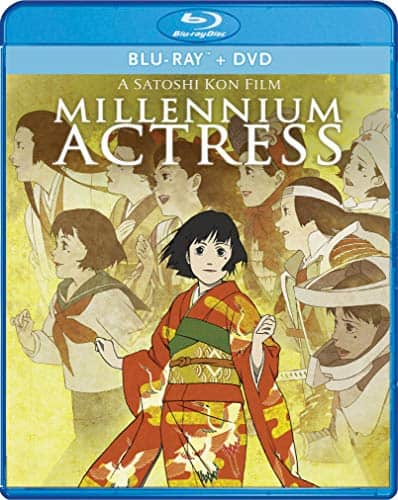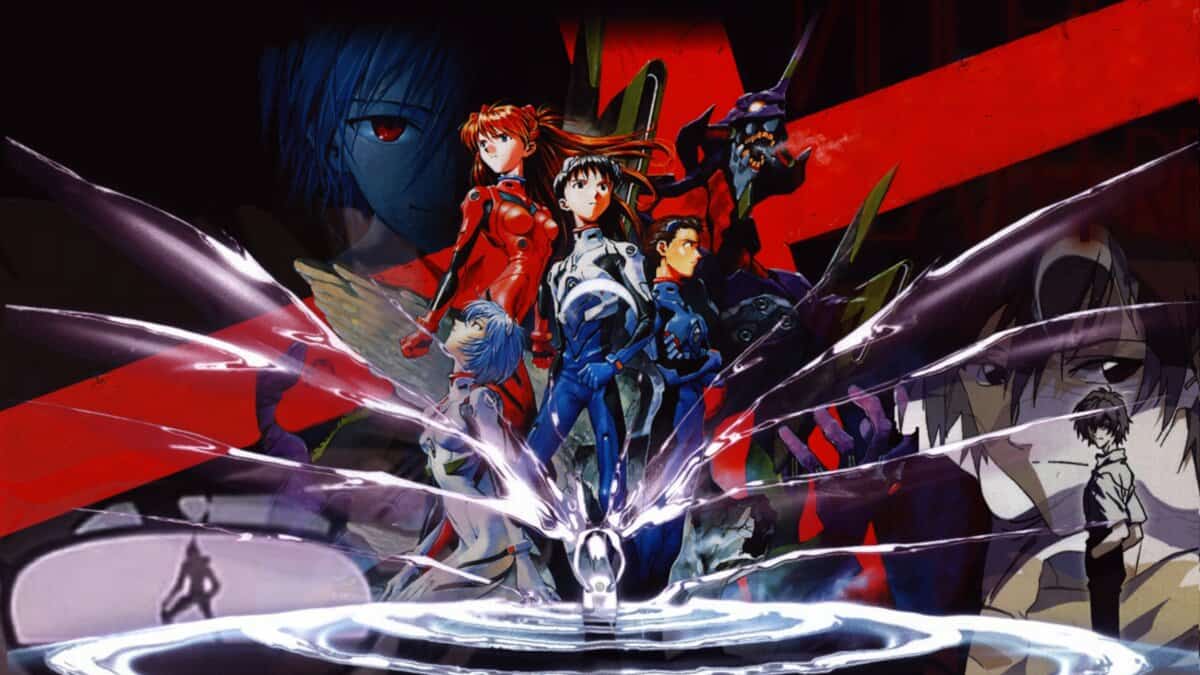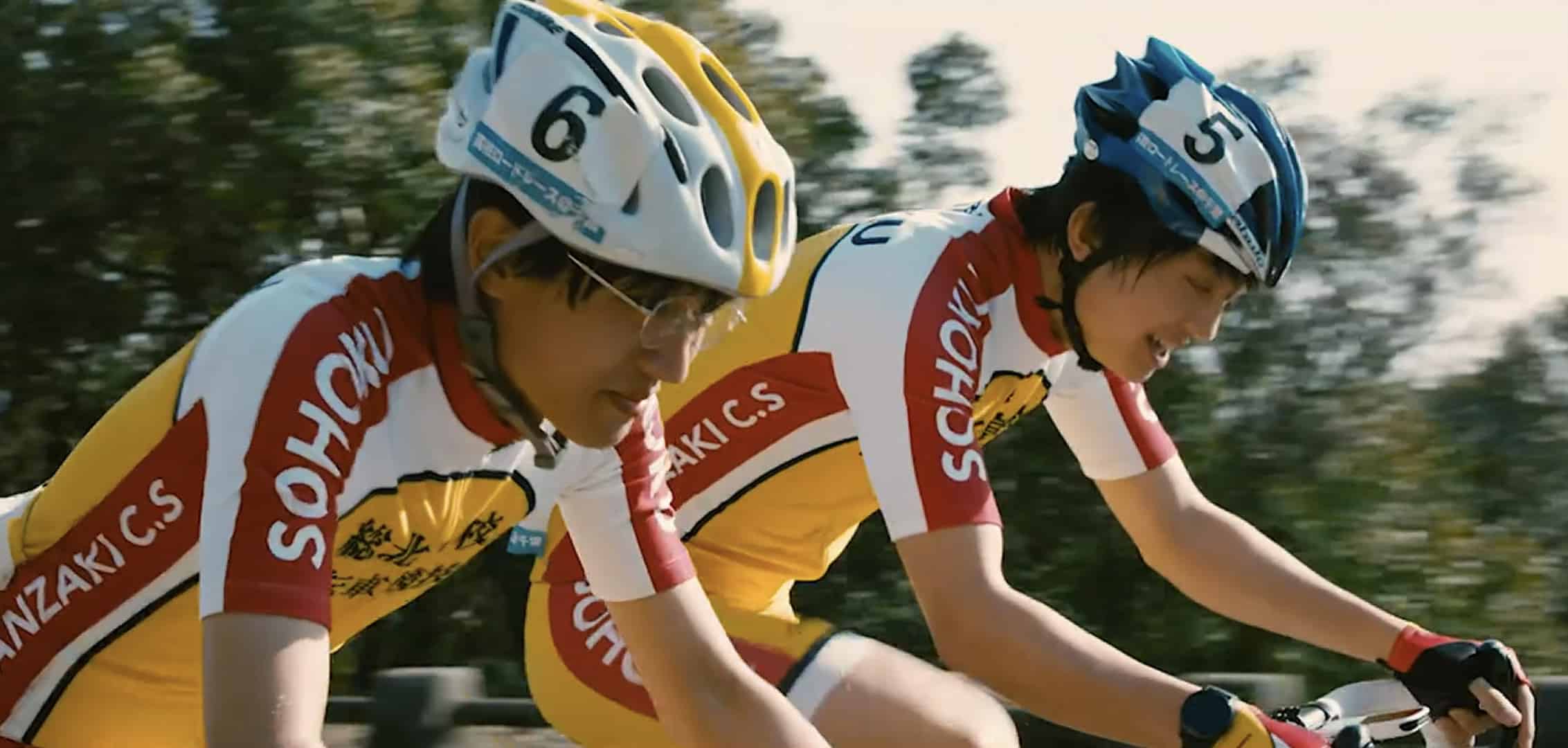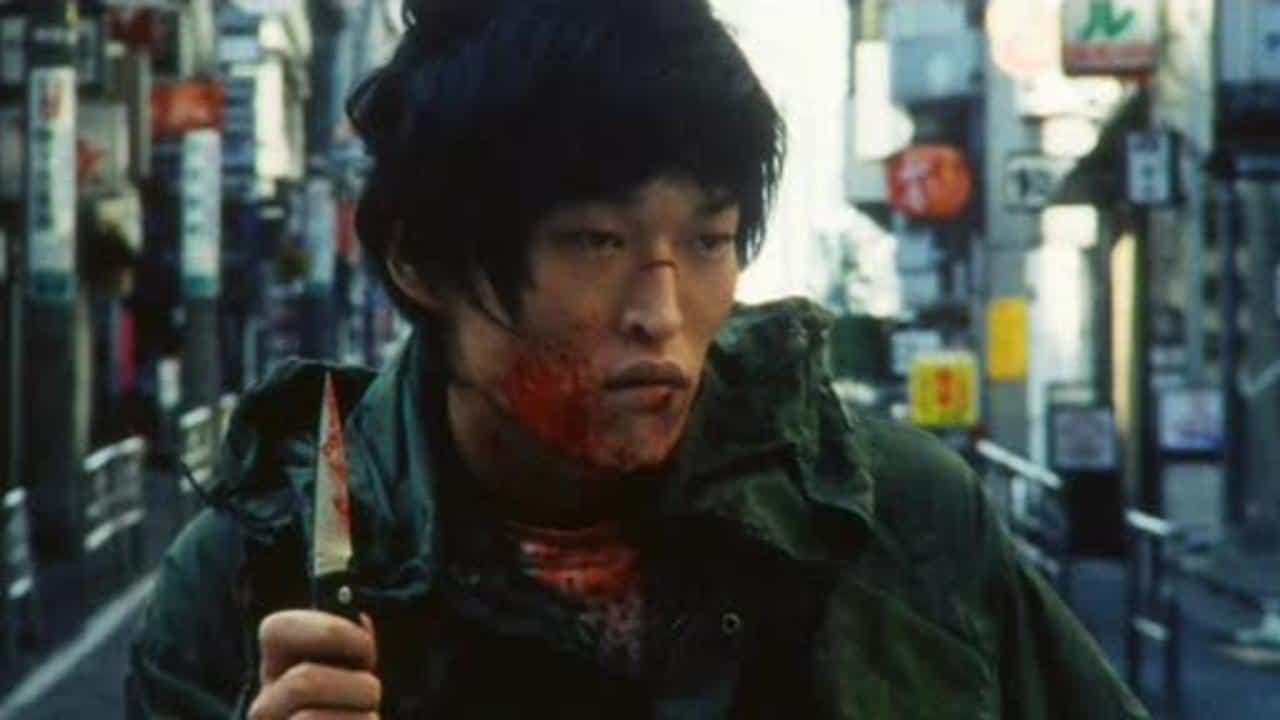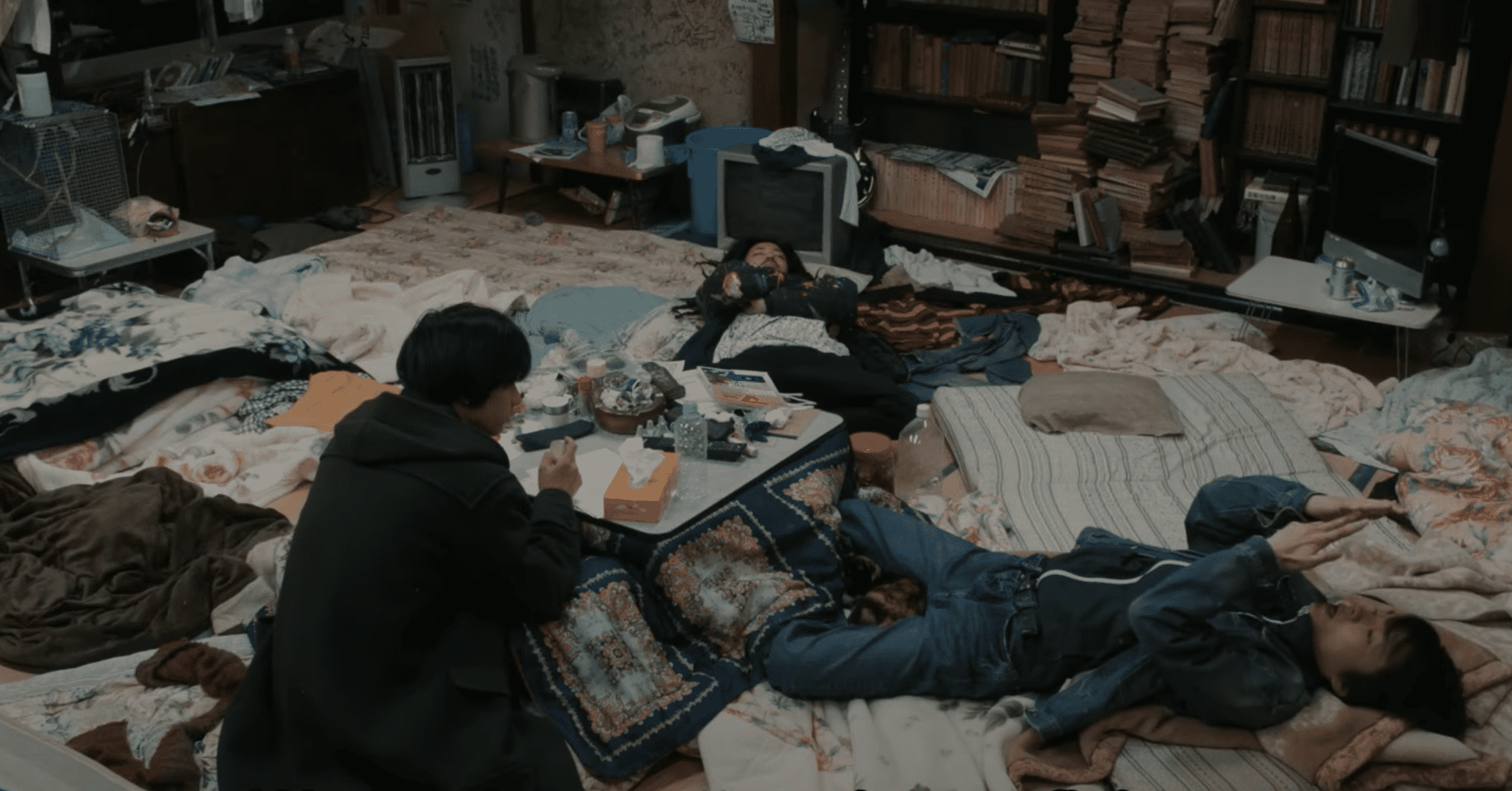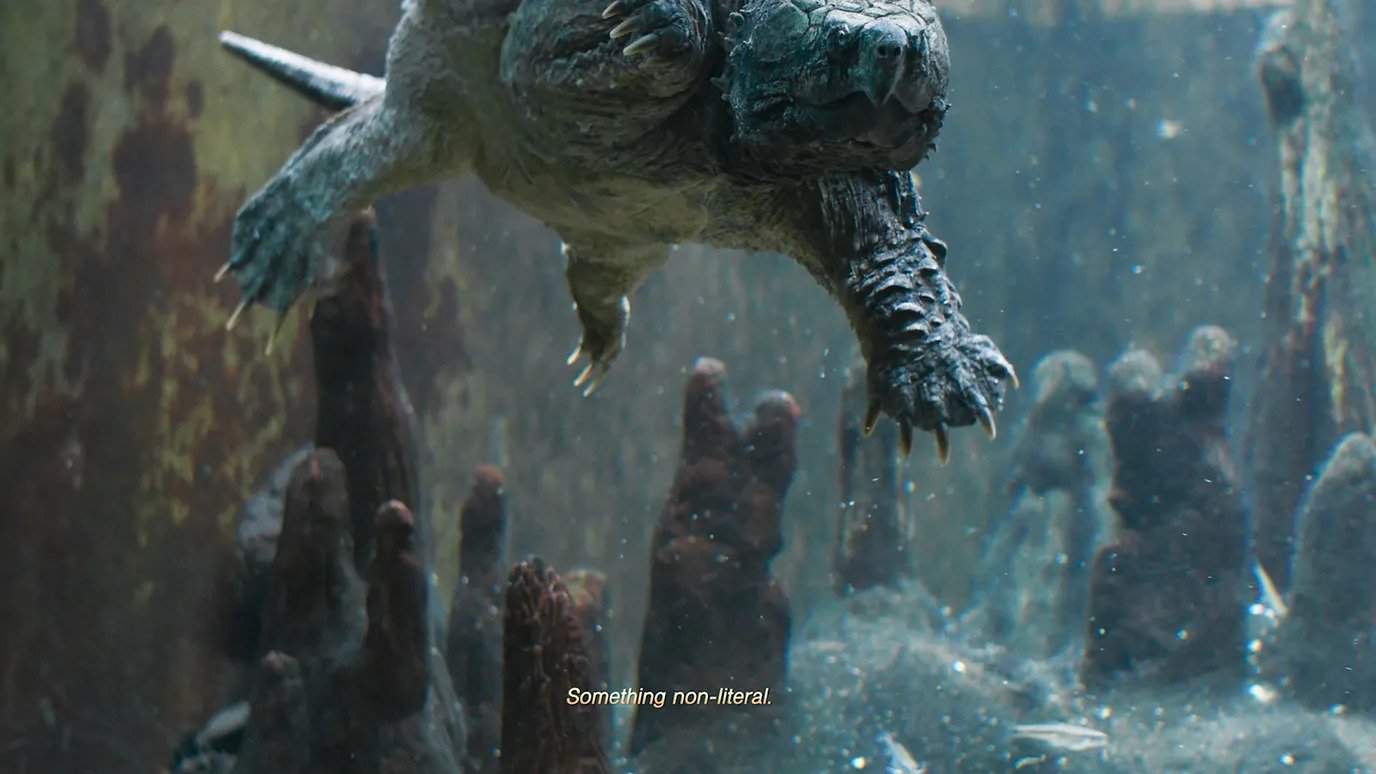“A star is born” is one of those common phrases we often use or read confirming the status of certain individuals considered to be beyond our reach. There is an interesting parallel between the worshiping of stars, musicians, actors or artists, and the status of gods or icons in ancient myths and world religion. Given the status of the cinema screen or the stage of a concert being slightly above the crowd seems to confirm the concept of a group of individuals whose performances, creations and overall persona gives them god-like qualities, a form of being untouched by time or culture, which is more than obvious given the worldwide admiration for people like Marilyn Monroe or Elvis Presley. This so-called “star-phenomenon” is the foundation of acclaimed director Satoshi Kon's 2001 feature “Millennium Actress”, which tells the story of a Japanese actress whose quest to search for her lost love, has influenced her status among pop culture, making her a star whose significance withstands criteria like time and place.
Buy This Title
After many attempts to schedule an interview with renowned actress Chiyoko Fujiwara about her work and legacy, TV reporter Genya Tachibana and cameraman Kyoji Ida finally manage to be invited to her home. Even though she has starred in a plethora of famous features and played a major role in manifesting the reputation of Ginei Studios, who has recently gone bankrupt, she has retired 30 years prior and lived a reclusive life, rejecting new roles and scripts as well as other offers from journalists, stressing the extraordinary opportunity Tachibana now has. As he and his colleague are welcomed by Fujiwara and her maid into their home, the reporter opens the interview by giving her a key he believed she had once lost during the shooting of a movie. The item and the memory it triggers lays the foundation for Chiyoko to begin her story, which begins during her childhood in the Sino-Japanese War, when she helped a dissident trying to escape the police.
Days go by and finally the political activist is ready to leave, but not without saying goodbye to his savior, telling her about the significance of the key he carries with him, which will open “the most important thing”. Eventually, the authorities catch wind of the possible location of the dissident, but the man escapes yet again, leaving behind his key as the only memory Chiyoko has of him. As borders between reality and fiction begin to blur, with Tachibana and Ida accompanying Fujiwara on her quest to Manchuria, where she hopes to find the strange man and an answer to the importance of the key, she also finds her way into acting as her first project gives her the chance of starring in a feature set in Manchuria. Although her search proves unsuccessful, Chiyoko's dream of becoming an actress comes true, and she believes that with her rise to fame the man she once saved might one day see her on the big screen and come to her once more.
In many ways, “Millennium Actress” can be considered a companion piece to Kon's 1997 feature “Perfect Blue”. Both stories deal with the star-phenomenon, albeit from contrasting angles, and while “Perfect Blue” emphasizes notions of obsession, depression and schizophrenia which can be traced back to the concept, “Millennium Actress” regards the star as some kind of accumulation of dreams, hopes and longings, in many ways an idealized version of a person's or even a nation's history which only the mind of a filmmaker can come up with. Apart from the overall color scheme and themes, the character of Chiyoko shares quite a few similarities with Mima Kirigoe from “Perfect Blue” as both women's status as stars make them seamlessly “cross over” to various layers of time and place, and even take other people with them as we can see with Genya and Koyji becoming part of Chiyoko's account of her life, her various roles and stories. On another level, the audience experiences a similar sensation when one is completely immersed into the fantasy presented on the screen. Throughout his career, Satoshi Kon has always searched for that specific connection, that metaphor for the experience of seeing another world which, in its most extreme form, bends time and place resembling Alice's exploration of the rabbit hole in Lewis Carroll's timeless story.
Whereas “Perfect Blue” explores the darkness of stardom, “Millennium Actress” is both a love letter to filmmaking and the various developments within the Japanese film industry. Although the beginning of the story shows the bleak sight of the demolished studio, evoking the idea of the destroyed illusion with its plethora of costumes and props scattered on the ground, Chiyoko's status as a star, the countless characters she has played re-constructs the illusion or the dream in all its glory. During the story we, similar to Tachibana and Ida, encounter the various stages of Japanese film, with various references to iconic moments in movie history, such as Ishiro Honda's “Godzilla” and Akira Kurosawa's “Throne of Blood”. At the same time, the movie seems to become a reflection of the historic reality and a possible vision of the future, with Chiyoko starring in a science-fiction feature and exploring the universe, which is after all the place where stars belong.
In the end, “Millennium Actress” is a wonderful feature by Satoshi Kon, a story about the magic of creating illusions and the experience of being completely immersed with a movie. Its animation, richness in themes and likable characters confirm its director's status as one of the leading figures in animated features, but also beyond, as Kon's creativity and love for the medium becomes all the more apparent.


